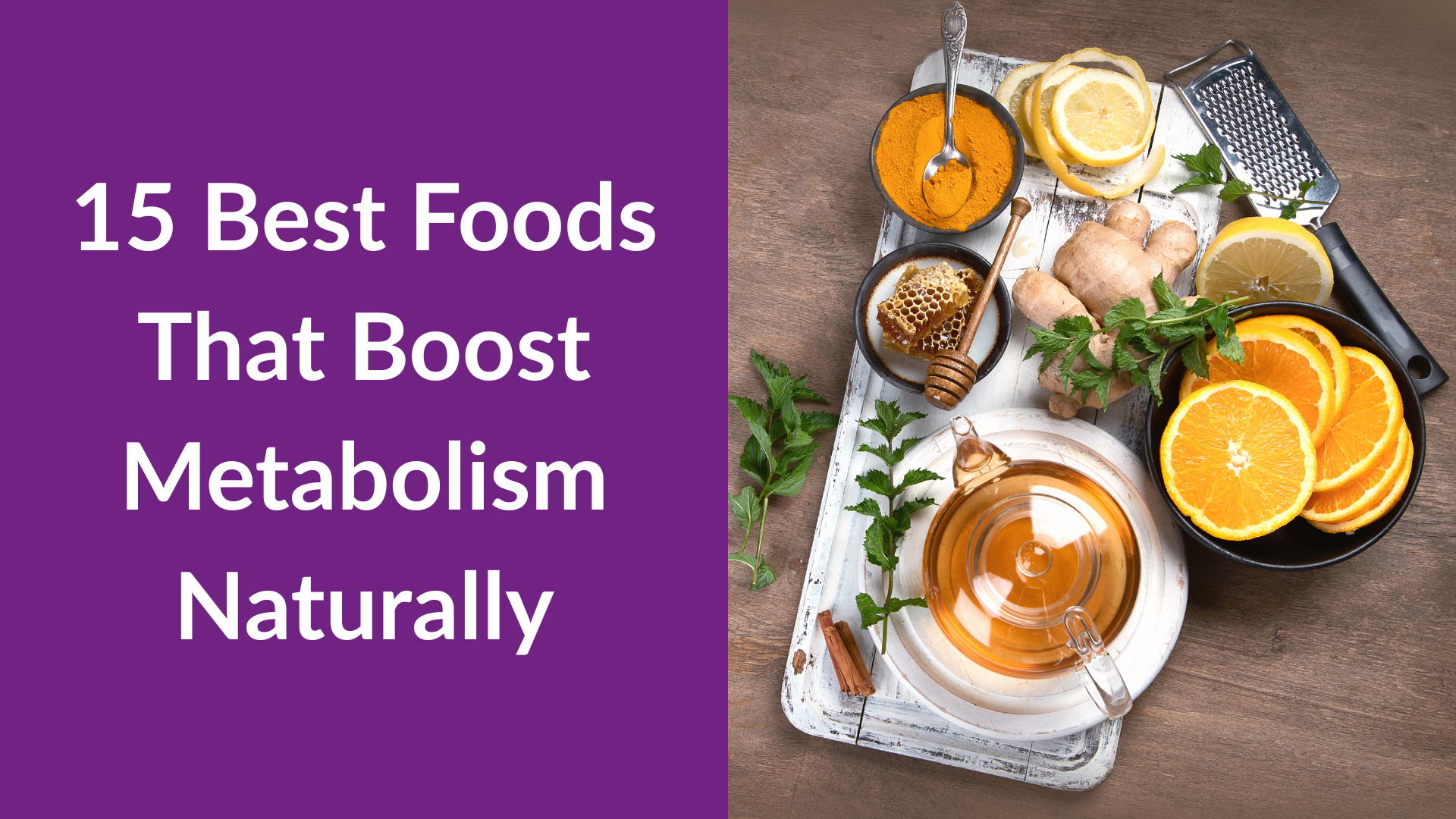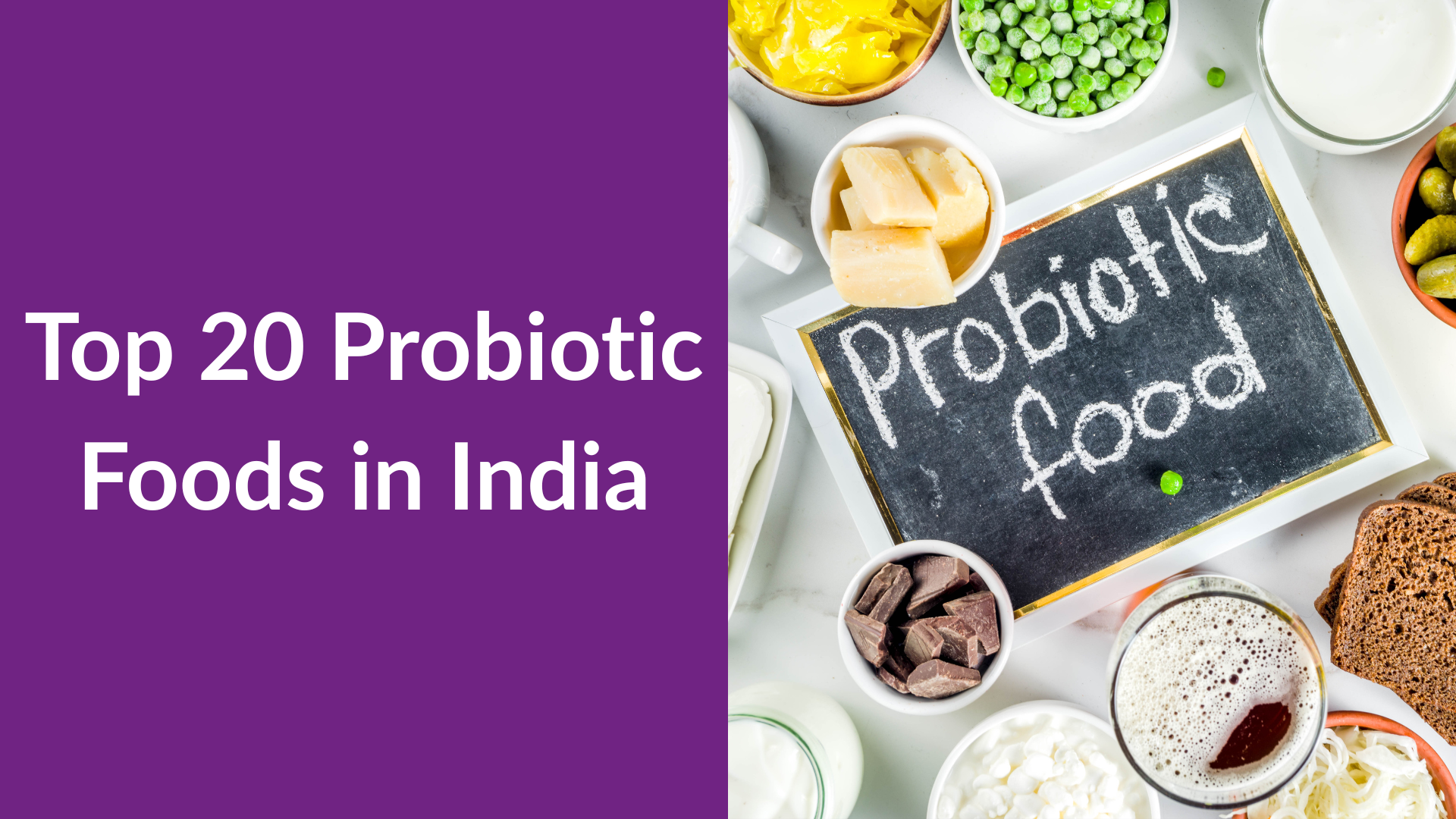What is Metabolism?
Metabolism is the process where our body converts what we eat and drink into energy. Even at rest, your body requires energy for functions such as breathing, circulating blood, and repairing cells. The rate at which your body burns calories to maintain these vital activities is known as your basal metabolic rate (BMR).
Several factors influence metabolism, including age, gender, body composition, and physical activity levels, however, what you eat also matters. Certain foods can stimulate metabolism, improve calorie-burning efficiency, and support weight control and overall health.
Why Boosting Metabolism Matters?
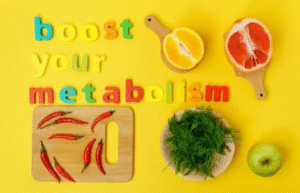
A faster metabolism is when your body burns calories more efficiently, supporting weight loss or maintenance. Beyond weight, a healthy metabolism supports:
- Hormonal balance
- Energy levels
- Fertility and reproductive health
- Blood sugar control
- Immune function
Top 15 Metabolism-Boosting Foods
1. Lean Fish (Salmon, Tuna, Sardines, Flounder)
- Key nutrients: ~20g protein per 3 oz, rich in omega‑3s & selenium
- Metabolism boost: High protein increases thermic effect (~20–30%), omega‑3s support thyroid health and metabolic regulation
- Serve: 2–3 times/week, grilled or baked
2. Eggs

- Key nutrients: ~6g protein per egg, B‑vitamins (B12, biotin, riboflavin), choline
- Metabolism boost: Protein raises calorie burn; B‑vitamins act as energy metabolism coenzymes
- Serve: 1–2/day (e.g. omelet, boiled)
3. Lean Poultry (Chicken Breast, Turkey)
- Key nutrients: ~25–30g protein per 3 oz, B6, niacin
- Metabolism boost: Builds muscle mass, boosting basal calorie burn
- Serve: 3–4 times/week, skinless and grilled
4. Legumes (Lentils, Chickpeas, Black Beans)
- Key nutrients: ~8–12g protein + 7–15g fiber per cup; iron, magnesium, potassium, folate
- Metabolism boost: High fiber and protein increase satiation and gut health → improved energy use
- Serve: Daily (soups, salads, sides)
5. Greek Yogurt / Low-fat Cottage Cheese

- Key nutrients: ~12–15g protein per cup, calcium, vitamin D, probiotics
- Metabolism boost: Protein-rich and probiotic-rich, enhance muscle and energy metabolism
- Serve: Daily snack, with fruit or nuts
6. Nuts & Seeds (Almonds, Brazil Nuts, Chia, Flaxseed)
- Key nutrients: Healthy fats, ~6g protein per oz, fiber, magnesium, selenium
- Metabolism boost: Boosts satiety, supports thyroid (selenium/magnesium)
- Serve: Small handful daily, in salads or yogurt
7. Broccoli & Cruciferous Veggies
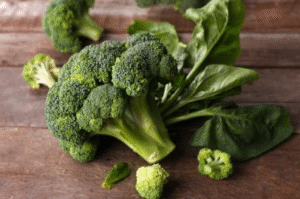
- Key nutrients: Fiber, vitamin C, calcium, B‑vitamins, glucosinolates
- Metabolism boost: Low-calorie, nutrient-dense, thermogenic fiber slows digestion
- Serve: 3–5 times/week
8. Green Tea
- Key nutrients: Catechins (EGCG), caffeine
- Metabolism boost: EGCG + caffeine increase fat burning and metabolic rate
- Serve: 2–3 cups/day
9. Chili Peppers
- Key nutrients: Capsaicin
- Metabolism boost: Raises thermogenesis, suppresses appetite
- Serve: Add to dishes daily (e.g. 1 tsp chili flakes or 1 jalapeño)
10. Ginger & Turmeric
- Key nutrients: Gingerol, curcumin, antioxidants
- Metabolism boost: Boosts calorie burn, reduces inflammation and glucose peaks
- Serve: Daily in tea or cooking
11. Whole Grains (Oatmeal, Quinoa, Brown Rice)
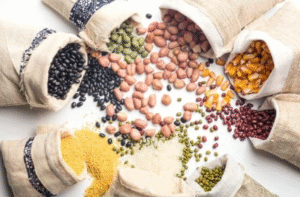
- Key nutrients: B-vitamins, magnesium, fiber, complex carbs
- Metabolism boost: Slow digestion, sustained energy, higher TEF
- Serve: Daily breakfast or side
12. Berries (Blueberry, Elderberry, Strawberries)
- Key nutrients: Fiber, anthocyanins, vitamin C
- Metabolism boost: Antioxidants support mitochondria and fat metabolism; gut health via fiber
- Serve: ½–1 cup daily in yogurt or smoothies
13. Seaweed
- Key nutrients: Iodine, fucoxanthin, fiber
- Metabolism boost: Essential for thyroid hormones; may increase lipid metabolism
- Serve: 2–3 times/week (soups, snacks)
14. Water
- Key nutrients: Hydration (0 kcal)
- Metabolism boost: “Water-induced thermogenesis” raises metabolic rate 24–30% post-drink
- Serve: 2–3 L daily
15. Coffee
- Key nutrients: Caffeine, antioxidants
- Metabolism boost: Caffeine increases calorie burning and fat usage, also supports workout performance
- Serve: 1–2 cups/day, avoid late intake
Key Nutrient Summary
| Nutrient Type | Role in Metabolism |
| Protein | Raises energy expenditure (TEF), preserves lean mass |
| Fiber | Slows digestion, improves gut microbiome |
| Healthy Fats | Hormonal balance, satiety |
| Iodine, Selenium, Magnesium, B‑Vits | Cofactors in thyroid and energy pathways |
| Antioxidants (EGCG, anthocyanins) | Support mitochondria and metabolic efficiency |
Lifestyle Integration Tips
- Aim for protein: 25–30g per meal from fish, eggs, yogurt, legumes
- Spice it up: Add chili, ginger, turmeric daily
- Hydrate well: 2–3 L water plus green tea/coffee
- Eat whole grains & veggies: Daily to sustain gut and energy health
- Include berries & seaweed: For antioxidant and mineral support
Final Thoughts
While no single food can magically speed up your metabolism, combining several of these nutrient-rich options with regular exercise, good sleep, and hydration can make a significant difference. A well-rounded diet rich in protein, fiber, healthy fats, and antioxidants will keep your metabolism running smoothly—and your energy levels high.
Start small: Add one or two of these foods to your daily meals and build from there. Over time, you’ll feel the difference in your energy, digestion, and overall vitality.

